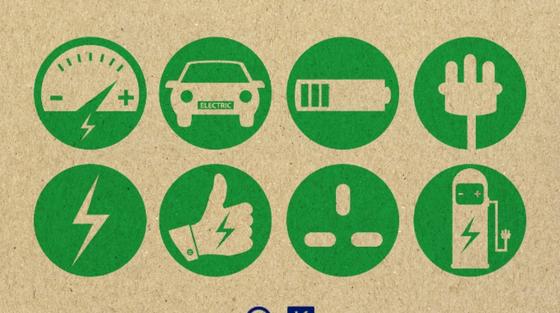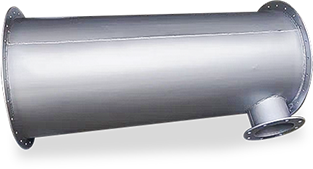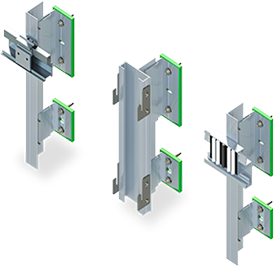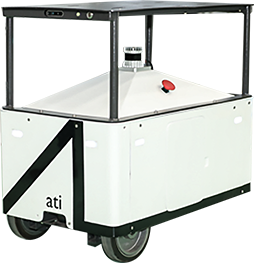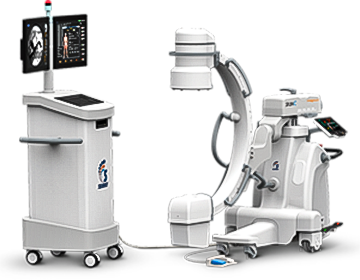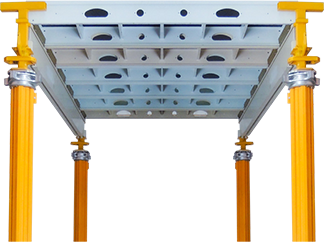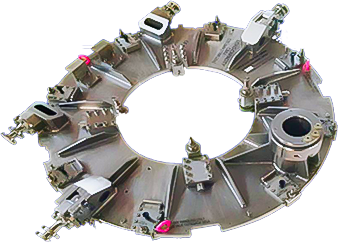
Entering the EV market: The startup’s dilemma
The economic development in India has led to a significant rise in ownership of private vehicles. While this has given freedom and choice in the hands of the consumer, the growth in number of vehicles has contributed to air pollution, carbon emissions and increase in retail prices of petrol, LPG and diesel. The government, over the years, has introduced policies to encourage use of public transport, and to encourage development of electric mobility.
While the first alternative was well-established, rolling out electric vehicles was difficult due to lack of ecosystem, technology and higher battery costs. But today, due to sharp fall in battery costs, emerging technologies and support from the government it is possible to mass produce electric vehicles.
Due to the above factors, established OEMs and startups are entering with a goal to create an EV ecosystem in India. For creating an EV ecosystem, these companies need to mass produce electric vehicles. For mass producing vehicles, a supply chain is required. Here OEMs have the advantage of having an established supply chain and also can create new supply chains because of their strong branding position and geographical presence. However, startups face a daunting challenge – they need to build a supply chain.
It takes years to build a supply chain and startups can’t spend this much time because they need to have a faster go-to-market strategy to remain competitive in the market. A choice is available for startups i.e to use Knock-Down kits. But using Knock-Down kits has outcomes like higher cost of electric vehicle, non-eligibility for incentives by government and lesser work opportunities for locals. Startups are in a jam, what must they do?
This blog discusses the factors behind emerging EV companies, the supply chain challenges, choices and its outcomes and how on-demand manufacturing can be a better choice for startups.
Government of India introduces national mission for electric mobility
India is one of the largest vehicle manufacturers in the world and can meet the mobility demands of its citizens. Most of the vehicles are operated on either petrol or diesel. To meet the rising demand from the citizens, India is importing crude oil. Around 80% of crude oil requirements are fulfilled by imports and the automotive sector contributes ~55% of crude consumption. These imports are putting a burden on government revenue, the costs of these conventional fuels are rising and petrol and diesel are contributing to the environmental impact. Thus, there is a need to shift to other alternatives to meet the demands. One of the promising alternatives is Electric Vehicles (EVs).
EVs will help reduce dependency on fuels. EVs can help in reducing CO2, NOx, PM and CO emissions as well as reduce oil imports. A study by CEEW (Council on Energy, Environment and Water) states – A 30% EV penetration in 2030 will lead to savings on crude oil import worth INR 1.1 lakh crore. It will also lead to a 17% decrease each in PPM and NOx emissions, 18% reduction in CO emissions and a 4% reduction in GHG emissions relative to business as usual scenario (BAU).
The Indian government has taken initiatives for building an EV ecosystem in India. One of the initiatives taken by the government is National Electric Mobility Mission Plan 2020 (NEMMP 2020). The NEMMP 2020 is a national mission document providing the vision and roadmap for the faster adoption of electric vehicles and their manufacturing in the country. As a part of this plan, the Department of Heavy Industry (DHI) formulated a scheme viz. Faster Adoption and Manufacturing of (Hybrid &) Electric Vehicles in India (FAME India) in the year 2015 to promote manufacturing of electric and hybrid vehicle technology and to ensure sustainable growth of the same. Under the FAME scheme, incentives will be provided to manufacturers and customers.
Due to these reasons, a lot of EV Companies are emerging with a goal to mass produce products required for electric mobility. For mass producing electric vehicles, the emerging companies need to first build a supply chain. There are challenges associated with building an EV supply chain. Those companies who have a strong branding, geographic presence and a well established supplier base may not face big challenges in building an EV supply chain. But the startup companies will face challenges.
Supply chain for startups: Challenges, Choices and the Outcome
If the startup chooses to build a supply chain, it will take years to find a reliable vendor, build and maintain relationships before they roll out the vehicle. There are three crucial reasons why startups are not opting for this choice. First, the startup’s survival in this competitive market lies in its faster go-to-market strategy – spending time in find vendors and building relations with them won’t be a feasible idea. Second, the manufacturers are not ready to do low-volume production. Third, the startups need to spend time in finding right pool of talent who has the knowledge of manufacturing processes required for producing EVs
Thus, startups are opting for the second choice of importing Knock-Down Kits.
What is a Knock-Down Kit? A knock-Down kit is a collection of parts required to assemble a product. These parts are manufactured in one country and exported to another country. Thus, the EV company can have faster go-to-market by launching vehicles in the market without creating a supply chain. But every choice has its outcome.
An import duty will be levied on KDs which will increase the cost of the vehicle. Also, the EV companies and customers won’t receive any incentives for manufacturing and adopting electric vehicles. The incentives won’t be given as there is no local content present in the vehicle which is a requirement of FAME policy. This will make EVs difficult to adopt. Also, the EV companies won’t create much job opportunities for locals since only assembly activities are carried out in their plant.
Is there any alternative choice which allows startups to skip the process of finding vendors, building and maintaining relations with vendors, stop importing KDs and also achieve incentives from the government? Yes. The alternative choice is ‘on-demand manufacturing’.
On-demand manufacturing: The alternative choice
On-demand manufacturing provides various benefits which allows it to be considered as an alternative choice.
- One single vendor for all needs
If a traditional approach is used, the company will have to work with different vendors. EV manufacturing involves various manufacturing processes like CNC machining, 3D printing, injection molding, sheet metal fabrication, etc. The company will have to find a separate vendor for each process. An on-demand manufacturing platform like karkhana.io has a network of vendors who have expertise in various manufacturing processes. Thus, the company has to just engage with a single vendor i.e. karkhana.io for all of its manufacturing needs.
Having one single vendor can provide benefits:
- Financial benefits
Karkhana.io pools different orders together and provides it to the vendor and thus can achieve cost benefits for each order.
- Strategic optimization
The EV company has limited resources and with the help of karkhana.io they can optimize these resources. They have to focus on their core strength which includes R & D, marketing, sales, etc. Karkhana.io will take care of sourcing and manufacturing and also manage the supply chain.
- Increase the speed of iteration
To build a new product that matches the needs of the customer, the company needs to find what their customers need. To find what their customer needs, they have to perform iterations. The iterative steps involve releasing products in the market and taking feedback from customers for the improvements. When applying the feedback, the company will come with a new design or changes in existing design.
A change in design can involve changes in the manufacturing process for a particular component. Thus, the company will have to find a different vendor for manufacturing the component. Finding a different vendor will slow down the iteration process. With on-demand manufacturing, the speed of iteration can be increased. As soon as the manufacturing process changes, karkhana.io will easily shift the task to a different vendor.
- Work at any scale
Every vendor has a different production capacity. As the scale at which the company produces electric vehicle changes, they need to engage with a different vendor. With the help of on-demand manufacturing, the company can work at any scale. The vendor network includes vendors having different production capacities.
- Achieve local content
The components will be manufactured by domestic suppliers and thus the percentage of local content in an electric vehicle will increase. This will allow companies and customers to receive incentives from the government.
Conclusion
To create an EV ecosystem in India, participation of both the established OEMs and startups is necessary.
As opposed to established OEMs, startups face the challenge of building a supply chain. To tackle the challenge, startups had two choices of either spending time in finding vendors or to use knock-down kits. Here, we have discusses a third choice, which can provide a better outcome for startups as compared to the already available choices.
Karkhana.io can help you quickly get your electric vehicle designs to market. Our supplier base of 400+ vetted and certified suppliers across India can cater to your manufacturing need. Get in touch with us today for a quick free demo.
We have an extensive, cutting-edge experience with all manufacturing services that include CNC machining, 3D printing, Sheet metal fabrication, Injection moulding, and Vacuum casting.
To get started, simply email Alay Shah on alay@karkhana.io with your requirements or fill out the form below.
